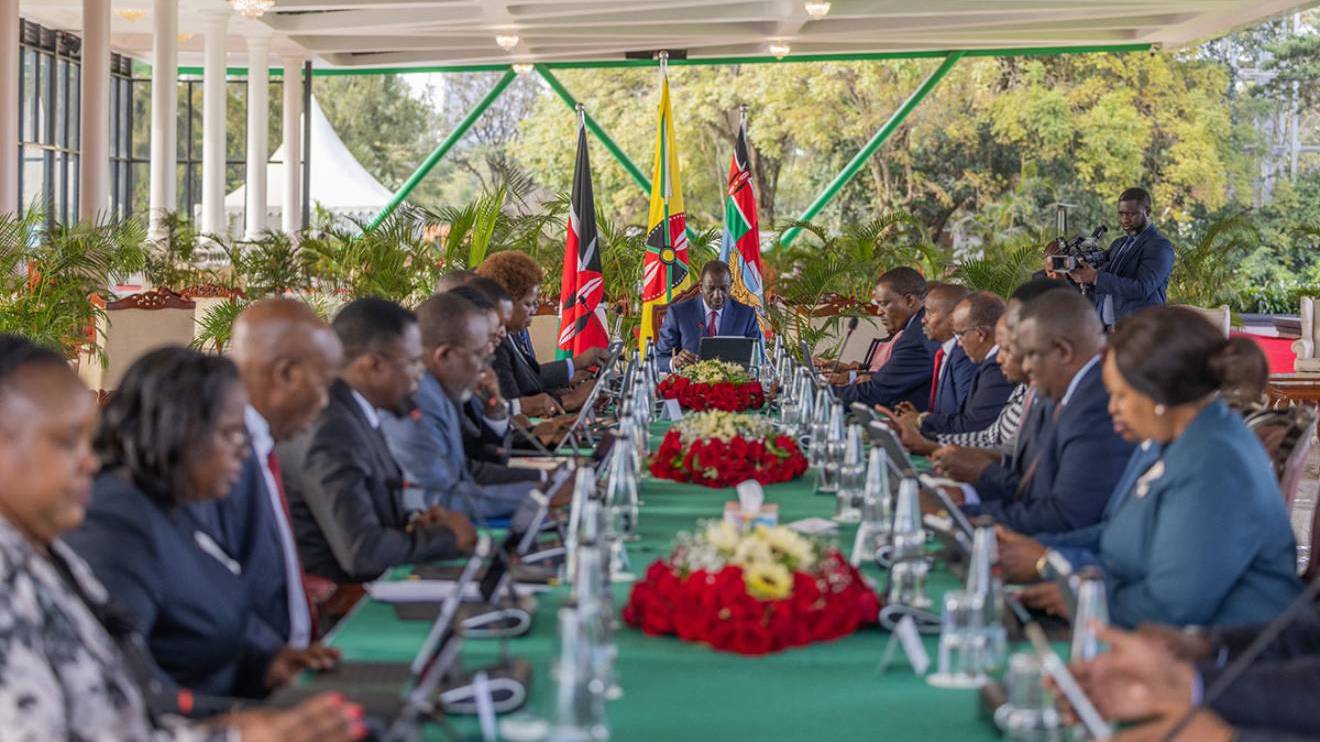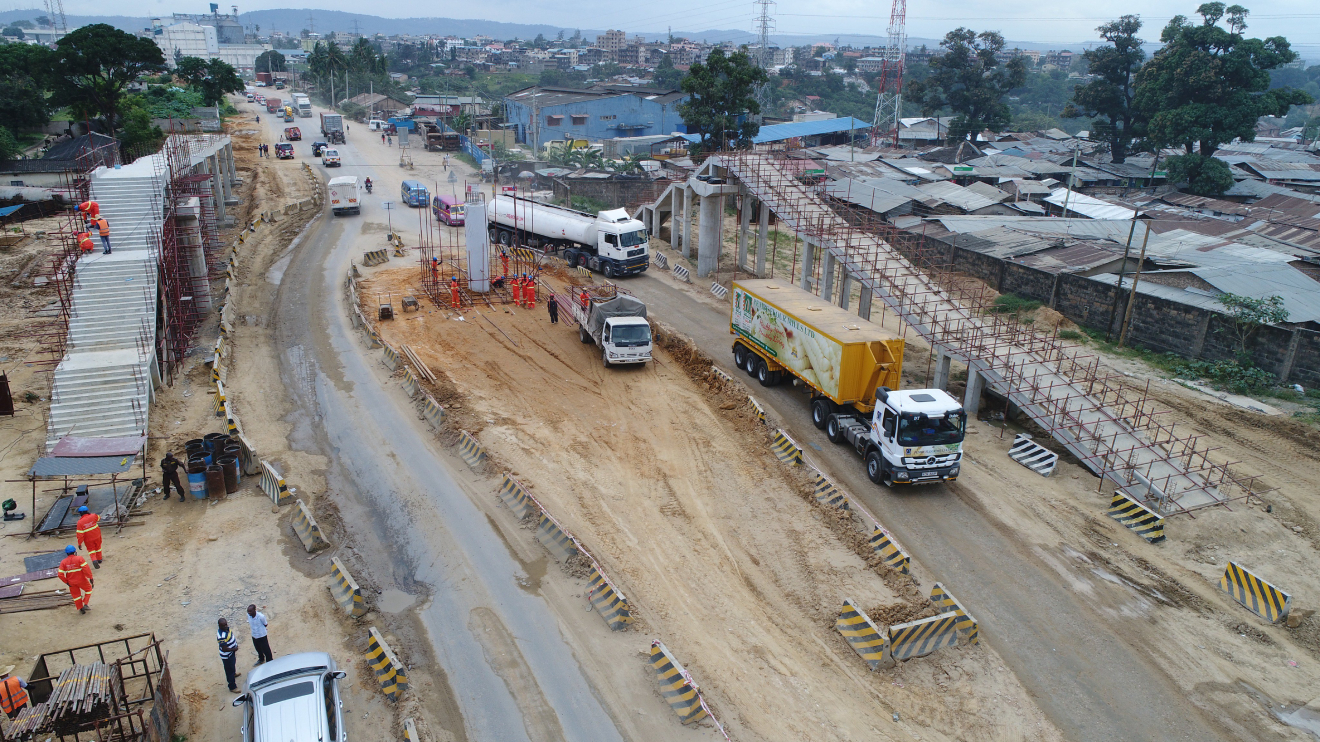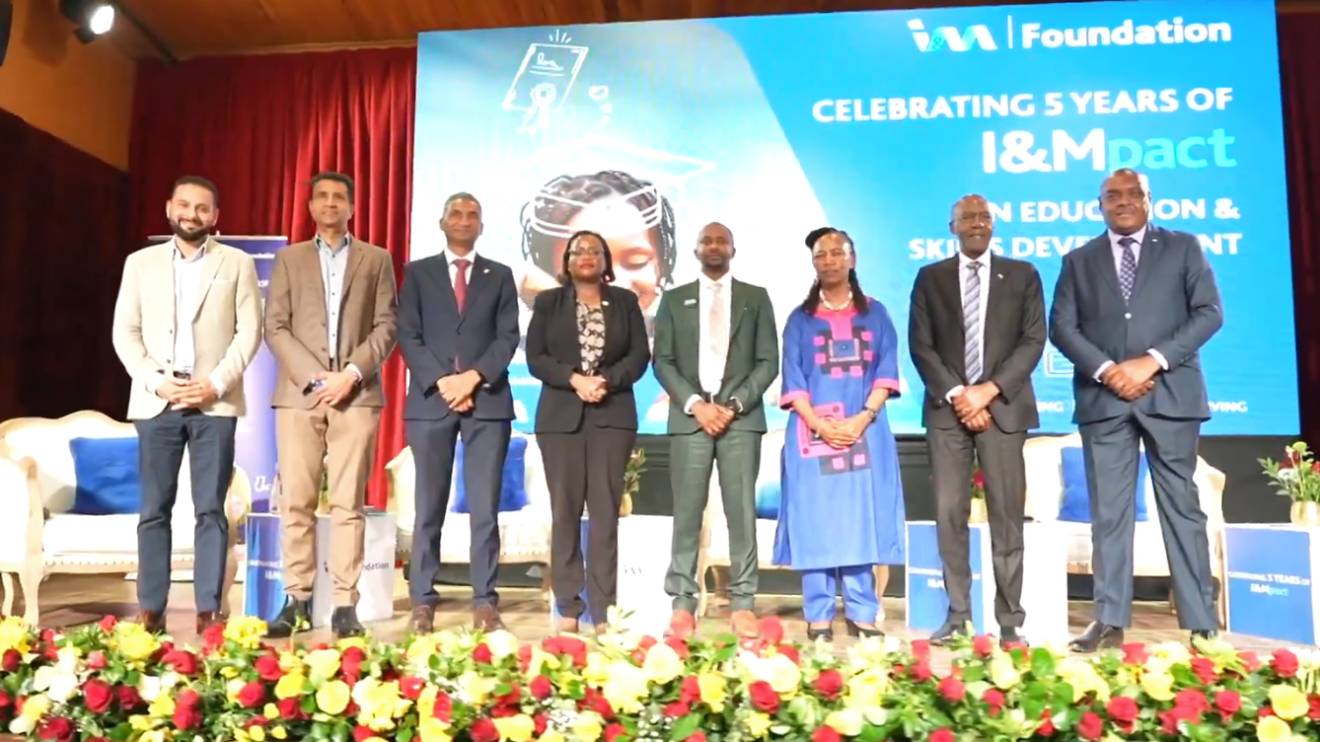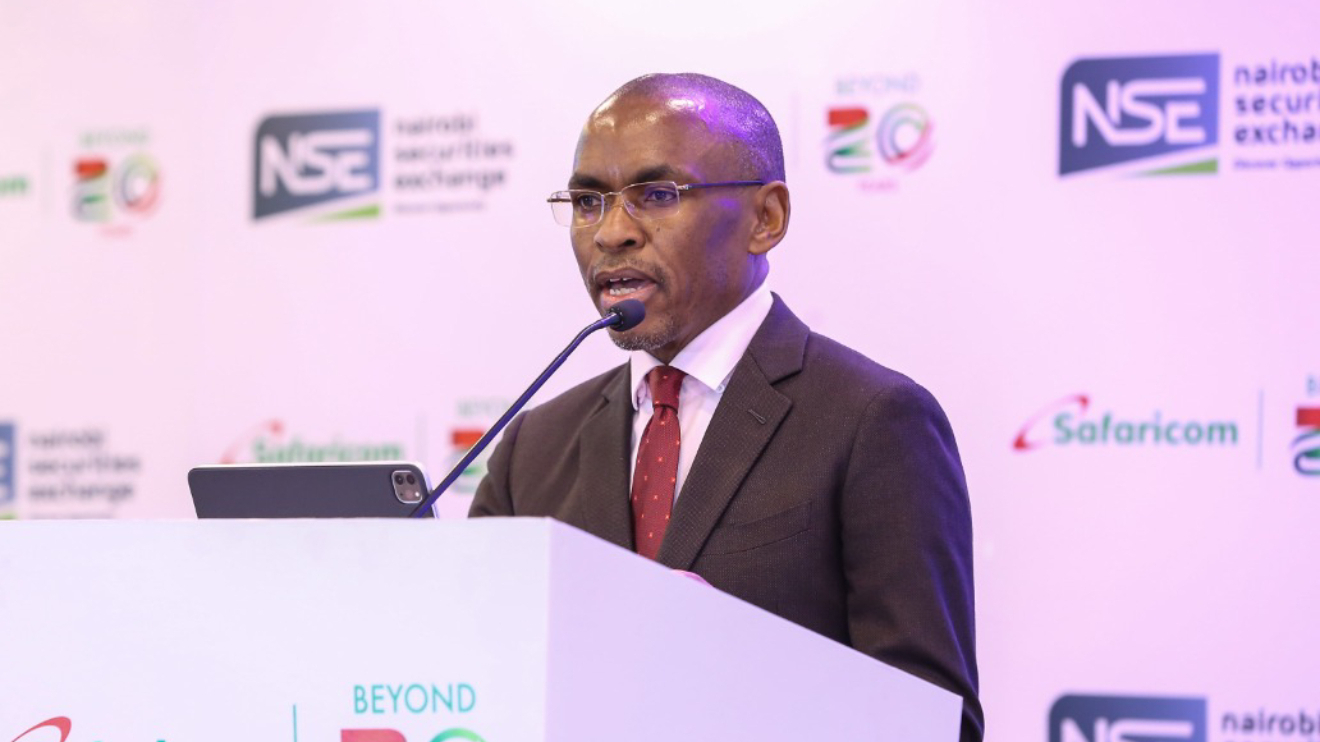In a significant meeting held on Thursday at State House Nairobi, the Cabinet, chaired by President William Ruto, tackled a range of crucial national issues.
The agenda covered security, economic reforms, urban development, and international agreements, marking a pivotal moment in Kenya's governance.
Security Situation Amidst Riots
The primary agenda item was the security situation following recent riots. Cabinet members were briefed on the sequence of events, beginning with protests against the Finance Bill 2024's proposed tax measures.
These protests escalated as criminal and political elements hijacked them, leading to widespread violence and destruction.
Read More
Significant damage occurred over the past two weeks, affecting lives, government buildings, infrastructure, vehicles, homes, and businesses across various urban areas.
The Cabinet was informed that due to threats to key institutions such as Parliament and the Supreme Court, national security agencies, including the military, were deployed to restore order.
The meeting noted the professionalism of the security officers in handling the situation, despite the challenging circumstances.
The Cabinet underscored the need for legal procedures to address any misconduct by officers and called for stringent actions against individuals responsible for arson, looting, and robbery.
Focus on Future Planning and Financial Adjustments
President Ruto highlighted the necessity for the government to focus on shaping the future of the country.
He indicated that significant changes would be required to align with the new direction.
On the topic of the Finance Bill, he mentioned that the National Treasury is reorganising the budget to accommodate the new reality, including substantial cuts to balance priorities and protect key national programmes.
Urban Development Projects
The Cabinet also deliberated on the Kenya Urban Improvement Project within the Nairobi Metropolitan Area.
This includes a phased upgrade of the 163km Nairobi Commuter Rail.
The first phase will enhance the 58km section between Nairobi Central Railway Station and Thika, involving new locomotives and improvements to non-motorised transport infrastructure and feeder roads.
Legislative Approvals
Several Bills and policies were approved, reflecting the government's commitment to education, economic partnerships, and international cooperation.
These include:
- The Kenya Secondary Education Equity and Quality Improvement Programme
- The Kenya-United Arab Emirates Comprehensive Economic Partnership Agreement
-Co-hosting of the Second Edition of the African Continental Free Trade Area Youth Symposium in September 2024
- The Public Finance Management (Amendment) Bill 2024
- Ratification of Bilateral Air Services Agreements with Somalia, Morocco, Algeria, Swaziland, Zimbabwe, Guinea, the United Kingdom, and South Korea
The Cabinet's discussions highlighted a balanced approach to immediate security concerns and long-term development goals, emphasising professional conduct, legal accountability, and strategic planning to navigate the current challenges and future opportunities for Kenya.








-1757243598.jpg)
-1757244564.jpg)
-1757101509.jpg)
